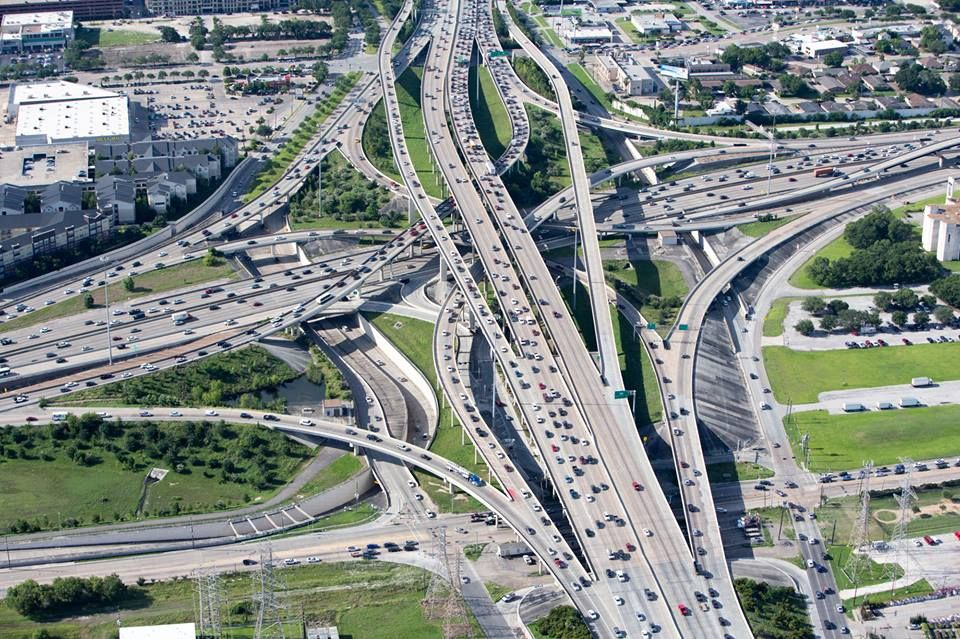Strategic Relocation
A Remote Worker's Guide to Climate-Resilient Living

Image via Freepik
In an era where climate change increasingly influences our choices, remote workers face unique challenges and opportunities when considering relocation. This guest blog article from greenstillmatters.com is designed to assist remote workers to navigate the complexities of relocating in response to climate change.
Research and preparation are crucial to ensuring your chosen destination aligns with your professional demands and offers a safe, sustainable, and fulfilling living environment. Here are some actionable insights into making informed and environmentally responsible relocation decisions.
Do Your Research
Embarking on a relocation journey requires a keen understanding of potential destinations. Investigate areas by examining their weather patterns, including temperature fluctuations and risks like hurricanes or wildfires. This information is vital in choosing a location that suits your professional needs and ensures your long-term safety and comfort.
Consider the historical data of climate events in these areas to predict future patterns. Exploring various climate models and projections can also provide a broader perspective on how a region might evolve in terms of climate in the coming years.
Create a Top-Notch Resume
When searching for work, a stellar resume showcasing your best skills and attributes is paramount. Managing documents efficiently is key to a hassle-free relocation. Incorporate the use of digital PDFs and editing tools to handle your paperwork with ease. Remember, looking for a PDF editor online to manage these documents can save you invaluable time and effort, ensuring a seamless transition to your new location.
Digital documents also offer better security and easier accessibility, allowing you to retrieve and share important paperwork from anywhere. This approach simplifies the moving process and supports a more sustainable, paperless workflow.
Understand Local Environmental Practices
Each community has its unique approach to environmental conservation. Familiarizing yourself with these practices and regulations is not just about compliance; it's about contributing positively to your new home's ecological sustainability.
Understand local recycling policies, water conservation methods, sustainable urban growth initiatives, and any eco-friendly projects you can participate in. Research the community's efforts in renewable energy use and sustainable urban development. This knowledge will help you integrate more smoothly into the community and live in a manner that respects and preserves your new environment.
Talk to the Locals
Building connections with residents in your potential new home can provide you with invaluable insights. These individuals can offer firsthand information on the locality's climate resilience, the robustness of its infrastructure, and the overall quality of life.
Engaging with the community also helps in easing the transition and feeling more at home. Residents can also share tips on living sustainably in the area and introduce you to social and professional networks to enhance your relocation experience.
Study the Costs
Understanding the financial implications of your move is crucial. Consider the cost of living in your potential new home, including housing costs, utilities, and transportation. This analysis will help you budget accordingly and avoid any unwelcome financial surprises post-relocation.
Additionally, research any potential tax implications and insurance costs that may differ from your current location. Being financially prepared will ensure a smoother adaptation to your new environment and help you make informed decisions about your lifestyle and expenditures.
Opt for Efficient Housing
In your quest for a new home, prioritize energy efficiency. Homes equipped with eco-friendly appliances minimize your environmental footprint and can lead to substantial savings on utility bills. Energy-efficient living is a responsible choice that aligns with the very reason for your relocation: climate change.
Look for properties with features like solar panels, energy-efficient heating and cooling systems, and well-insulated buildings. Such features contribute to a healthier planet and offer long-term financial benefits.
Build a Remote Network
You are not alone in this journey. Reach out to other remote workers who have relocated for similar reasons. Their experiences and advice can be a goldmine of information and can offer emotional support.
Moreover, this network can become part of your professional and social circle in your new location. Joining local or online communities of remote workers can also provide collaboration opportunities and introduce you to local events and activities catering to remote working lifestyles.
Always Find Resources
Make sure your chosen location has all the essential resources and amenities you need. This includes access to quality healthcare, educational facilities if needed, and recreational areas. These amenities are crucial for your well-being and work-life balance.
Consider the availability of reliable internet connectivity, which is essential for remote work. Checking for community centers, parks, and cultural activities can also give you a sense of the lifestyle and social opportunities available in the area.
Final Thoughts
The journey to relocate as a remote worker in response to climate change is a multidimensional endeavor, blending practicality with sustainability. It calls for a strategic approach that balances personal and professional needs with a commitment to environmental stewardship.
You can confidently navigate this transition by embracing these guidelines. Doing so will ensure your new home is a haven of safety and stability, as well as a testament to your adaptability and responsible living in a changing world.



